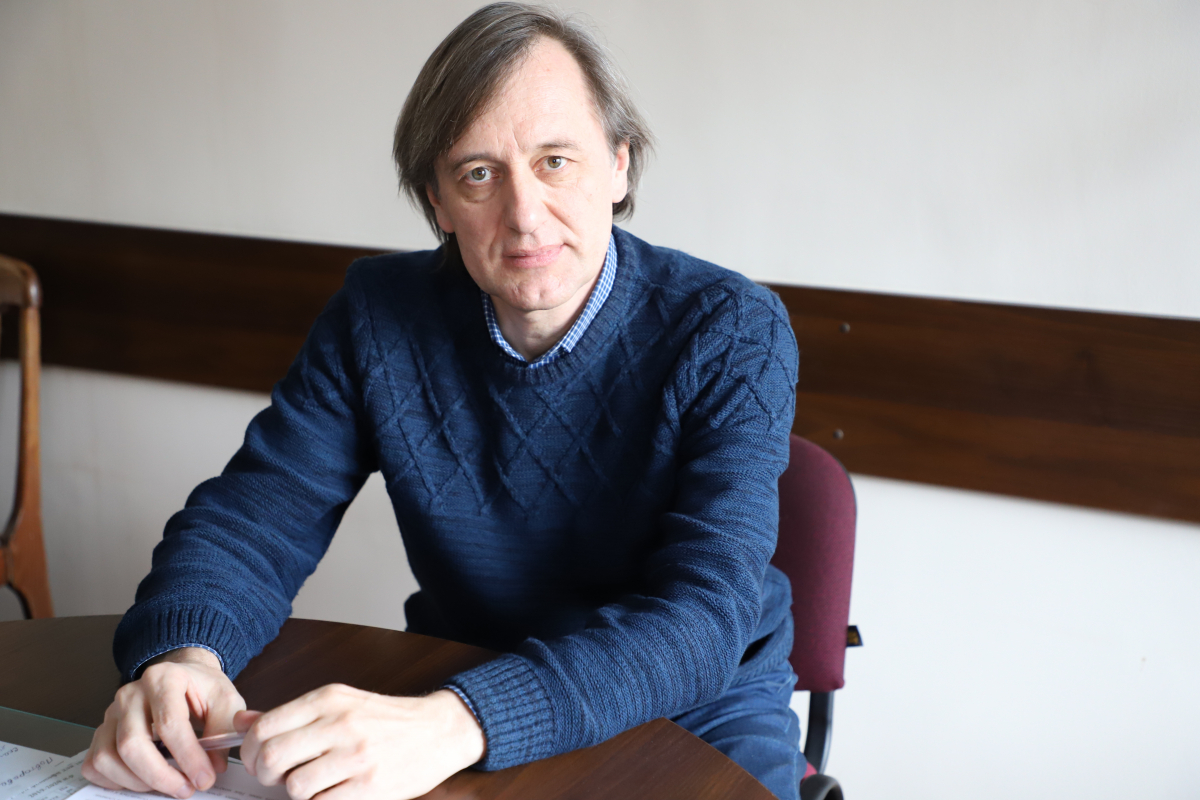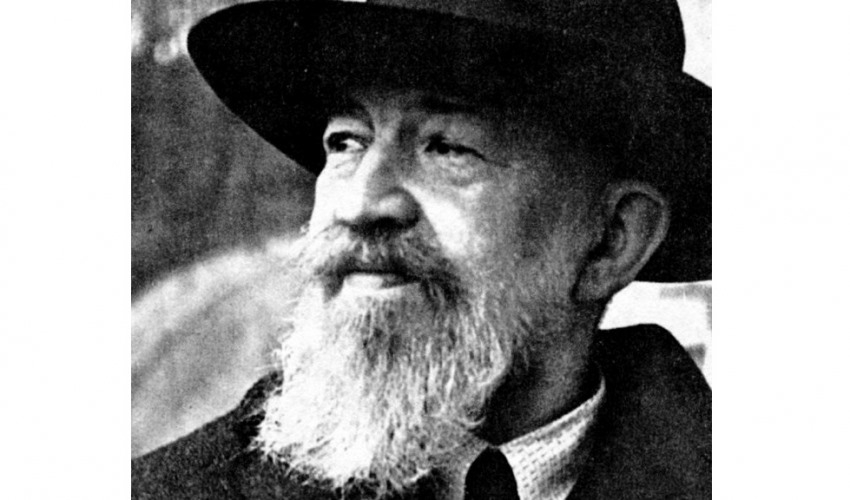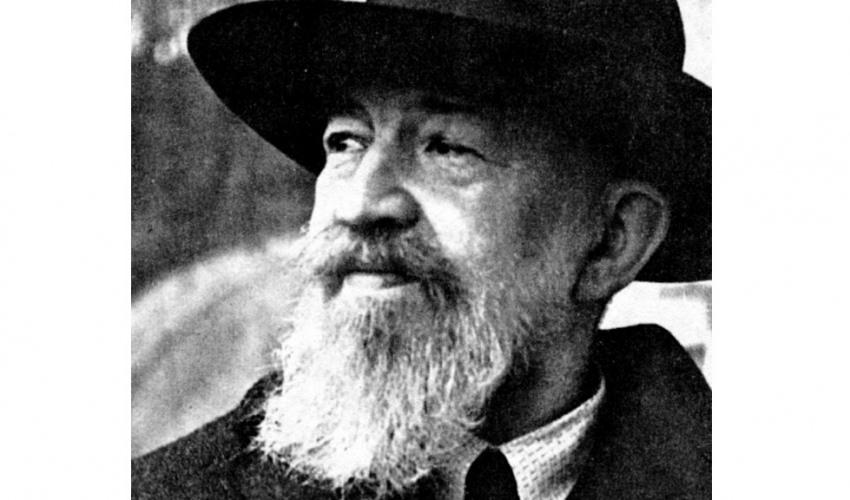Twardowski readings are annually held in February at the Department of Philosophy, the Institute of the Humanities and Social Sciences, Lviv Polytechnic. These events are dedicated to the memory of the eminent Polish philosopher, logician, psychologist, pedagogue and creator of Lviv-Warsaw Philosophical School Kazimierz Twardowski. Readings date back to the late eighties of the twentieth century.
Head of the Department, Doctor of Philosophy, Associate Professor Ihor Karivets told why the figure of this philosopher is so important for contemporaries:
– Kazimierz Twardowski came to Lviv from Vienna in 1896. His teacher was Austrian philosopher and psychologist Franz Brentano. Twardowski headed the Department of Philosophy at Jan Kazimierz University of Lviv, now Ivan Franko National University. He is considered to be the founder of modern Polish analytical philosophy, but he also had students among Ukrainians and Jews. The main method of research of Kazimierz Twardowski was a thorough analysis of philosophical concepts and thinking.
The achievements of the philosopher are significant. Among Ukrainians, however, a few scholars are interested in his figure. Despite it, according to Ihor Karivets, last year they managed to publish a collection of works by Twardowski:
– The articles of the philosopher were translated by myself, Olha Honcharenko from Khmelnytskyi, Stepan Ivanyk from Warsaw, Poland, and Markiian Bodnarchuk from Lviv. We translated Twardowski’s works and published them in Folio Publishing House with the support of the Ukrainian Philosophical Foundation. Already in September 2019, we presented a 600-page volume of Twardowski’s main works at the BookForum.
Thus, now those who are interested in the philosopher’s heritage can easily read his works in the collection.
Kazimierz Twardowski also believed that a philosopher, especially if he is engaged in teaching or scientific activity, should formulate and express his thoughts as clearly as possible. Philosophy must be clear to everyone, as even complex problems can be described in simple words. This is one of the fundamental beliefs of Twardowski, which, according to the Head of the Department of Philosophy at Lviv Polytechnic, should be followed in modern humanities as well.


